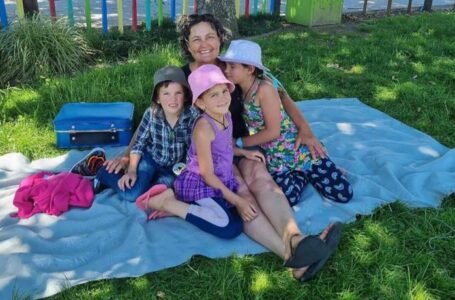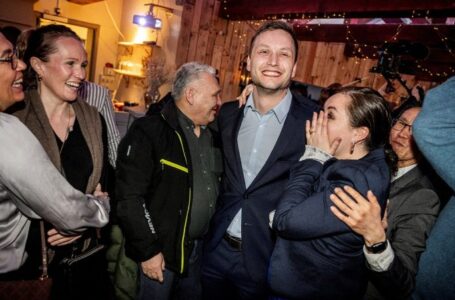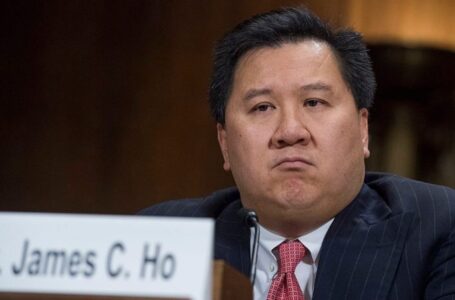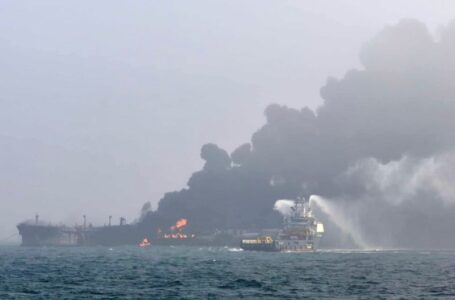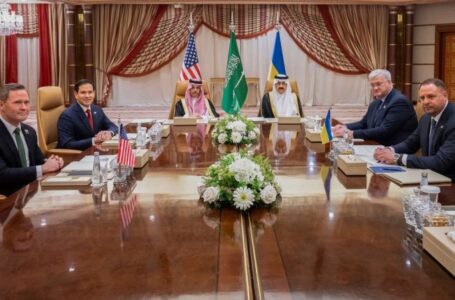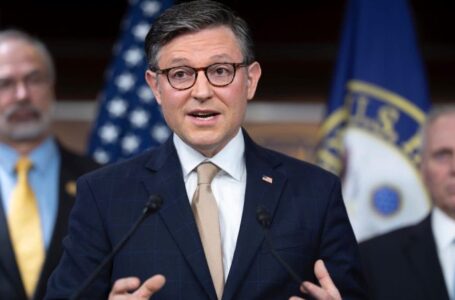Nigerian star Patoranking draws on his childhood dreams to help African youth
Tensions rise in Venezuela as opposition leader González asks military to end Maduro’s reign
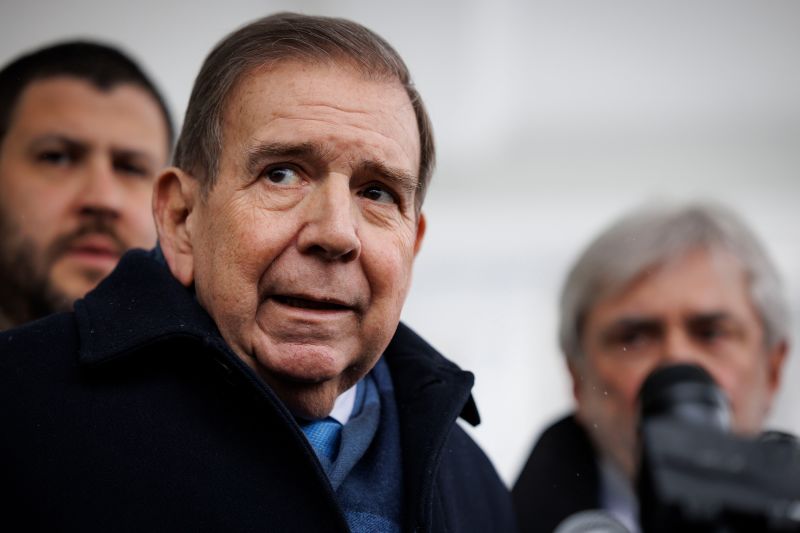

Venezuela’s exiled opposition leader Edmundo González Urrutia has urged the Venezuelan military to recognize him as their commander-in-chief and “put an end to the leadership” of President Nicolás Maduro, whose government is resisting calls to give up power.
González’s message, relayed in a video posted on social media Sunday, was his clearest appeal yet for the military to support his intention to take the presidency, which he insists he won in the disputed July election against incumbent Maduro.
Maduro is due to be sworn in for his third term in power on January 10, but various countries including the United States have questioned the validity of the official election result and the US has said it recognizes González as the rightful president-elect.
With that date looming ever nearer, and the Venezuelan opposition calling for street protests, tensions appear to be coming to a head. On Monday, Maduro’s minister of internal affairs claimed Venezuela had arrested over 100 people from several countries including the US who he alleged were linked to “acts of destabilization.” Without detailing or offering evidence for his claims, Cabello suggested some of those in custody were linked to the Venezuelan opposition. In a separate move, Venezuela announced it would cut diplomatic ties with Paraguay, after its President Santiago Peña reiterated his recognition of González.
The Venezuelan opposition leader fled to Spain in September to seek asylum after Maduro’s government issued a warrant for his arrest. He is currently visiting the US and on Monday visited the White House.
In his video message Sunday, González said Maduro had “distorted the principles” of the military and called for the armed forces to recognize his authority from January 10.
“Our National Armed Forces is called to be a guarantor of sovereignty and respect for the popular will. It is our duty to act with honor, merit and conscience,” González said.
Venezuelan Defense Minister Vladimir Padrino López rejected the call and said Monday that the Bolivarian National Armed Forces of Venezuela (FANB) would recognize Maduro as president.
“Mr. González Urrutia does not understand that the FANB is a pristine institution, which owes itself to the Bolivarian Republic of Venezuela and does not obey the designs or mandates of other imperial powers,” Padrino said in a message on national television surrounded by the high military command.
On Sunday, the president of the National Assembly of Venezuela Jorge Rodríguez reiterated the Venezuelan government’s position that González would face arrest if he returns to the country.
The arrest warrant issued against the opposition leader in September accuses him of terrorism, conspiracy and other crimes related to the election – charges González denies.
On January 2, the Scientific, Penal and Criminal Investigations Corps of Venezuela offered a reward of $100,000 for information leading to his arrest.
Support for González, protests against Maduro
González is currently embarked on an international tour across the Americas, where he has been gathering support from allies in a show of defiance against Maduro.
At the weekend, González met with the presidents of Argentina and Uruguay in South America.
On Monday, he met with US President Joe Biden in Washington, telling reporters he had a fruitful and long conversation with him at the White House.
“Both leaders agreed there is nothing more essential to the success of democracy than respecting the will of the people, as expressed through a transparent and accountable electoral process, and that Gonzalez Urrutia’s campaign victory should be honored through a peaceful transfer back to democratic rule,” the White House said.
González said he has also been in contact with the team of President-elect Donald Trump but did not expand on their conversations. He declined to comment on remarks from Sen. Bernie Moreno suggesting that Trump planned to negotiate with Maduro.
González said on X he had met in Washington with Trump’s pick for US National Security adviser, Mike Waltz, saying he “assured us that the United States, and the world, will be alert about what happens in our country.”
González’s fellow opposition leader María Corina Machado – who is also in hiding – has called for supporters to demonstrate in the streets of Venezuela and other parts of the world on January 9, one day before Maduro is set to be sworn in to install a new government.
Both Maduro and González have previously pledged to inaugurate their own governments on January 10.
In calling for the January 9 protests, Corina Machado said Maduro would not give up power on his own and that Venezuelans “must make him leave.”
She asked those attending the demonstrations to wear clothing with the three colors of the Venezuelan flag: yellow, blue and red.
“This January 9th, EVERYONE in the streets, in Venezuela and around the world,” she tweeted. González echoed the call, writing on X: “Everyone in the streets of our beloved country!”
Minister claims ‘mercenaries’ arrested
González’s appeal to the military came as Venezuelan authorities announced they had arrested at least 125 people – among them foreigners from several countries including the United States – who were accused of being “mercenaries” involved in “destabilization actions.”
The Minister of Internal Affairs, Justice and Peace Diosdado Cabello made the claim at a press conference on Monday, during which he alleged some of those in custody had ties to opposition leaders. He also said weapons had been seized during the arrests.
However, he did not present evidence for either of those claims and did not offer further detail on what those arrested are accused of.
It is not clear when the arrests were made.
Cabello said that in addition to Venezuelan citizens the 125 included people from Colombia, the US, Peru, Spain, Italy, Uruguay, Ukraine, Switzerland, the Czech Republic, Lebanon, Albania, the Netherlands, Israel, Germany, Argentina, Guyana and Yemen.
Last year, Venezuela claimed it had arrested six foreigners, including a US Navy SEAL, who it alleged were involved in a plot to kill the country’s President Nicolas Maduro. It is not clear whether these arrests are included in the 125 figure. In his briefing Monday, Cabello warned the Venezuelan government would have a “forceful” response against anyone involved in “destabilizing actions” against it.


